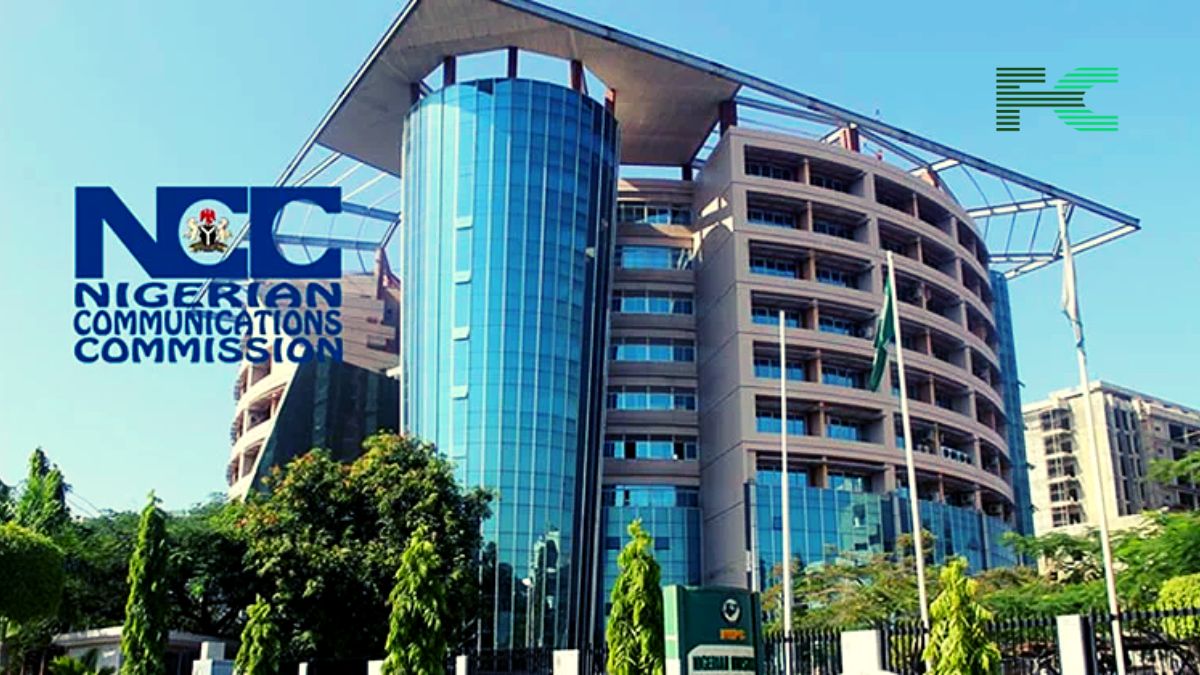Nigeria has lost about 3,057 megawatts (MW) of electricity potential because of gas flaring in the last nine months. This amount of power could have been enough to supply over three million homes. This huge waste shows big problems in Nigeria’s energy sector.
Data from the Nigerian gas flare tracker at the National Oil Spill Detection and Response Agency (NOSDRA) shows that around 200.5 million standard cubic feet (Mscf) of gas were burned between January and September 2024.
Experts say Nigeria needs to focus on selling gas, better rules, investing in floating liquefied natural gas (FLNG), and updating the Petroleum Industry Act to solve its energy problems.

“The country should invest more in gas infrastructure, pipelines, and storage,” said Atiku Jafar, an energy and infrastructure analyst. “We need to make the market better for using gas to produce power in Nigeria.”
Nigeria’s power sector faces liquidity challenges, with electricity distribution companies (DisCos) struggling to collect tariffs. In August 2024, DisCos managed to collect 168.7 billion Naira in payments, which is 80.91% of what they were supposed to get.
The Nigeria Electricity Regulatory Commission (NERC) said that customers were supposed to pay 208.5 billion Naira for that same time.
Burning gas without using it (called gas flaring) is causing big problems for the environment and the economy. Nigeria has lost 22.9 billion dollars because of this over the last ten years.
Preye Orodu, the lead engineer at KEOT Synergy, emphasized the significance of practical actions backed by strong infrastructure. “The Nigerian Gas Flare Commercialisation Programme and the rules on gas flaring, venting, and methane emissions are designed to make sure there is enough local gas, which will improve people’s lives and increase the country’s income.”
The Minister of State for the Environment, Iziaq Salako, shared plans to review oil companies’ commitments to stop routine gas flaring by 2030.

















